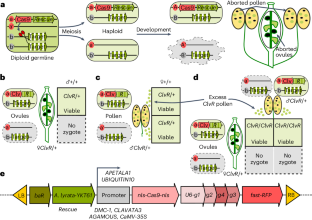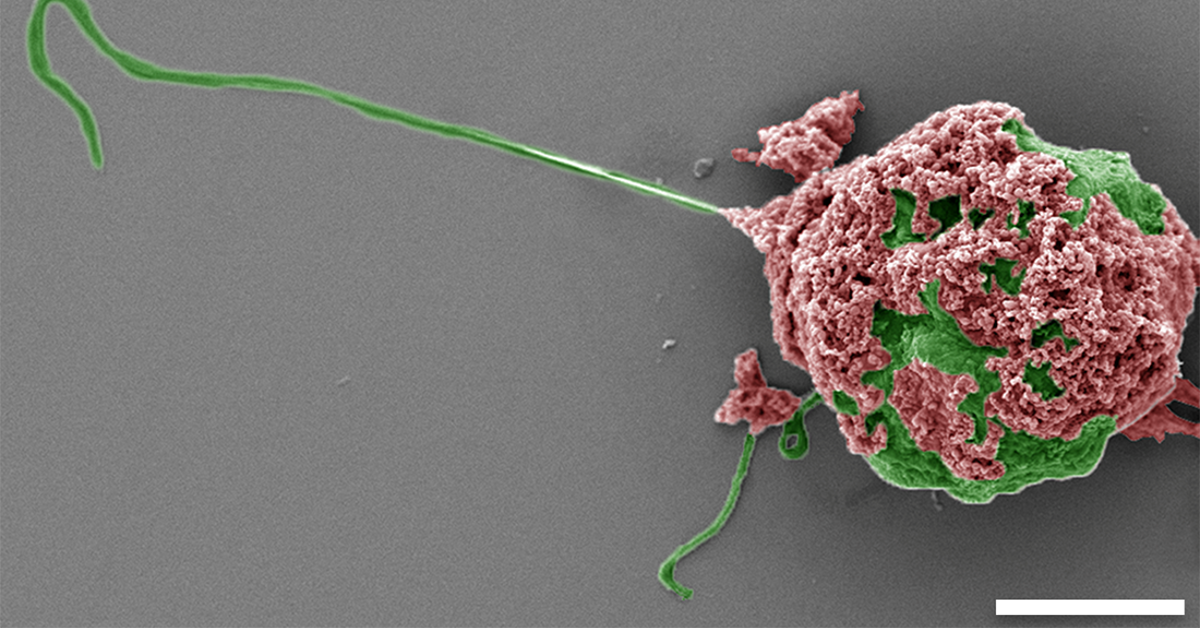2024-06-26 ニューヨーク大学 (NYU)
<関連情報>
- https://www.nyu.edu/about/news-publications/news/2024/june/how-do-our-memories-last-a-lifetime–new-study-offers-a-biologic.html
- https://www.science.org/doi/10.1126/sciadv.adl0030
PKMζの作用を固定化するKIBRAが記憶の持続性を維持する KIBRA anchoring the action of PKMζ maintains the persistence of memory
PANAYIOTIS TSOKAS, CHANGCHI HSIEH, RAFAEL E. FLORES-OBANDO, MATTEO BERNABO, […], AND TODD C. SACKTOR
Science Advances Published:26 Jun 2024
DOI:https://doi.org/10.1126/sciadv.adl0030

Abstract
How can short-lived molecules selectively maintain the potentiation of activated synapses to sustain long-term memory? Here, we find kidney and brain expressed adaptor protein (KIBRA), a postsynaptic scaffolding protein genetically linked to human memory performance, complexes with protein kinase Mzeta (PKMζ), anchoring the kinase’s potentiating action to maintain late-phase long-term potentiation (late-LTP) at activated synapses. Two structurally distinct antagonists of KIBRA-PKMζ dimerization disrupt established late-LTP and long-term spatial memory, yet neither measurably affects basal synaptic transmission. Neither antagonist affects PKMζ-independent LTP or memory that are maintained by compensating PKCs in ζ-knockout mice; thus, both agents require PKMζ for their effect. KIBRA-PKMζ complexes maintain 1-month-old memory despite PKMζ turnover. Therefore, it is not PKMζ alone, nor KIBRA alone, but the continual interaction between the two that maintains late-LTP and long-term memory.


